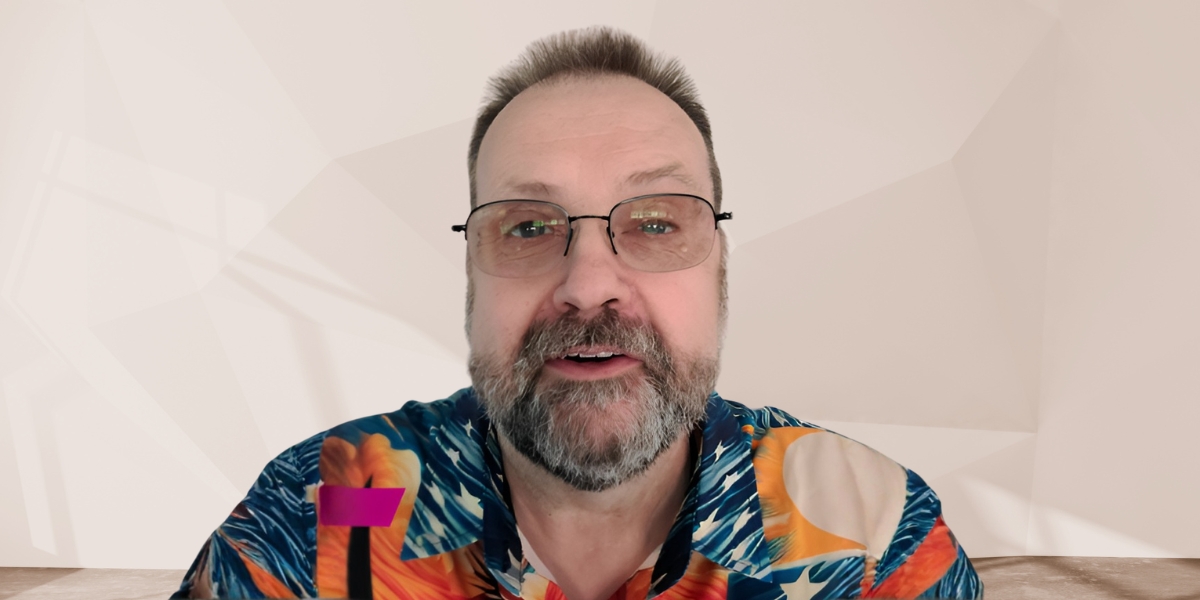Money is more than just numbers in a bank account—it’s tied to our emotions, values, and beliefs. For many people, limiting beliefs about money can hold them back from achieving financial success and stability. These beliefs often come from childhood, cultural influences, or past experiences, and they can shape how we think about earning, spending, and saving. Common examples include thinking that money is evil, that rich people are greedy, or that you don’t deserve to be wealthy. The good news is that these beliefs don’t have to control your life. By identifying and challenging them, you can create a healthier relationship with money and open the door to greater financial freedom. Let’s explore how to do that.
First, let’s talk about how limiting beliefs form. Many of our beliefs about money are learned early in life. Maybe you grew up hearing phrases like “money doesn’t grow on trees” or “we can’t afford that.” These messages can stick with you, even as an adult, and shape your mindset about wealth. Cultural and societal influences also play a role. For example, some people are taught that pursuing money is selfish or that being wealthy means sacrificing your values. These beliefs can create a sense of guilt or fear around money, making it harder to build wealth or feel comfortable with financial success.
The first step to overcoming these beliefs is to identify them. This requires some honest self-reflection. Take a moment to think about your thoughts and feelings around money. What messages did you hear about money growing up? Do you feel anxious, guilty, or unworthy when it comes to earning or spending money? Write down any beliefs that come to mind, even if they feel silly or irrational. The goal is to bring these hidden beliefs into the light so you can start to challenge them.
Once you’ve identified your limiting beliefs, the next step is to question their validity. Ask yourself: Is this belief really true? Where did it come from? Is it serving me, or is it holding me back? For example, if you believe that “money is evil,” consider whether that’s actually the case. Money itself is neutral—it’s just a tool. It’s how people use money that can be good or bad. By reframing your beliefs, you can start to see money as a resource that can help you create a better life for yourself and others.
Another common limiting belief is the idea that you don’t deserve to be wealthy. This belief often stems from low self-esteem or a fear of judgment. You might worry that if you become successful, people will think you’re arrogant or selfish. But here’s the thing: you don’t have to apologize for wanting financial stability or success. Everyone deserves to live a comfortable, fulfilling life, and that includes you. Remind yourself that earning money doesn’t make you a bad person—it gives you the ability to take care of yourself, support your loved ones, and contribute to causes you care about.
It’s also important to replace limiting beliefs with empowering ones. For example, instead of thinking, “I’ll never be good with money,” try telling yourself, “I’m learning how to manage my finances and make better decisions.” Instead of saying, “Money is the root of all evil,” remind yourself, “Money is a tool that can help me create positive change in my life and the world.” These new beliefs won’t feel natural at first, but with time and repetition, they’ll start to take root.
Another powerful way to overcome limiting beliefs is to educate yourself about money. Many people feel anxious or overwhelmed about finances because they don’t fully understand how money works. By learning about budgeting, investing, and saving, you can build confidence and take control of your financial future. There are plenty of resources available, from books and podcasts to online courses and financial advisors. The more you know, the less intimidating money will feel.
It’s also helpful to surround yourself with positive influences. If you’re constantly around people who complain about money or reinforce negative beliefs, it can be hard to shift your mindset. Seek out people who have a healthy relationship with money and are open to discussing it in a positive way. This could be friends, family members, or even online communities. Hearing other people’s success stories and perspectives can inspire you and help you see what’s possible.
One of the most important things to remember is that change takes time. Overcoming limiting beliefs isn’t something that happens overnight. It’s a process that requires patience and persistence. There will be moments when old beliefs creep back in, and that’s okay. The key is to notice them, challenge them, and replace them with healthier thoughts. Over time, these small shifts will add up, and you’ll start to see real changes in your financial life.
Another helpful strategy is to visualize your financial goals. What would your life look like if you were free from limiting beliefs about money? Maybe you’d feel more confident, less stressed, or more generous. Take a few minutes each day to imagine yourself living that life. Visualization can help you stay motivated and focused on your goals, even when the journey feels challenging.
Finally, don’t be afraid to seek support if you need it. Overcoming deep-seated beliefs about money can be tough, especially if they’re tied to past trauma or emotional struggles. A therapist, coach, or financial advisor can provide guidance and help you work through these issues in a safe and supportive way. There’s no shame in asking for help—it’s a sign of strength and a commitment to your growth.
At the end of the day, your beliefs about money are just that—beliefs. They’re not facts, and they don’t have to define your future. By identifying and challenging your limiting beliefs, you can create a new, healthier relationship with money. This doesn’t mean you have to become obsessed with wealth or material possessions. It’s about finding balance and using money as a tool to create the life you want. Whether your goal is to pay off debt, save for a dream vacation, or build long-term wealth, the first step is to believe that it’s possible. And once you do, you’ll be amazed at what you can achieve. So take a deep breath, let go of those old money myths, and start building a brighter financial future today.





